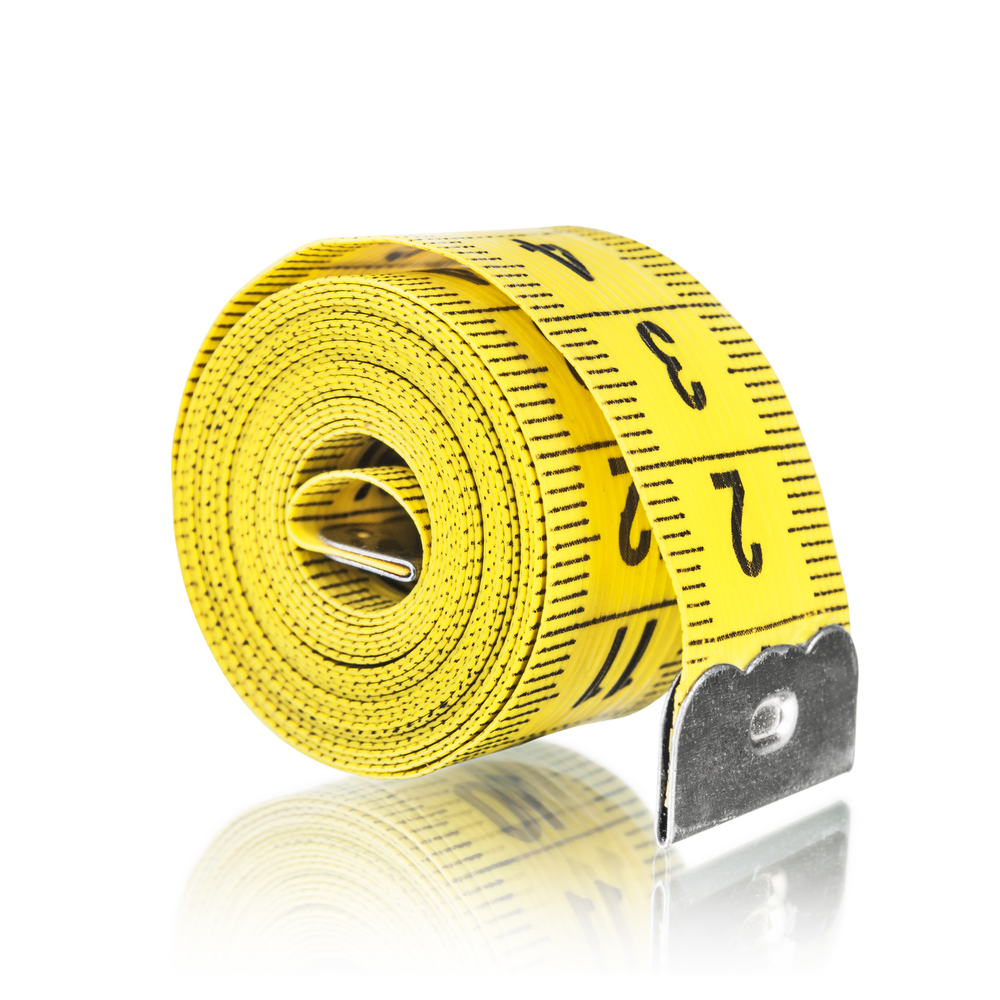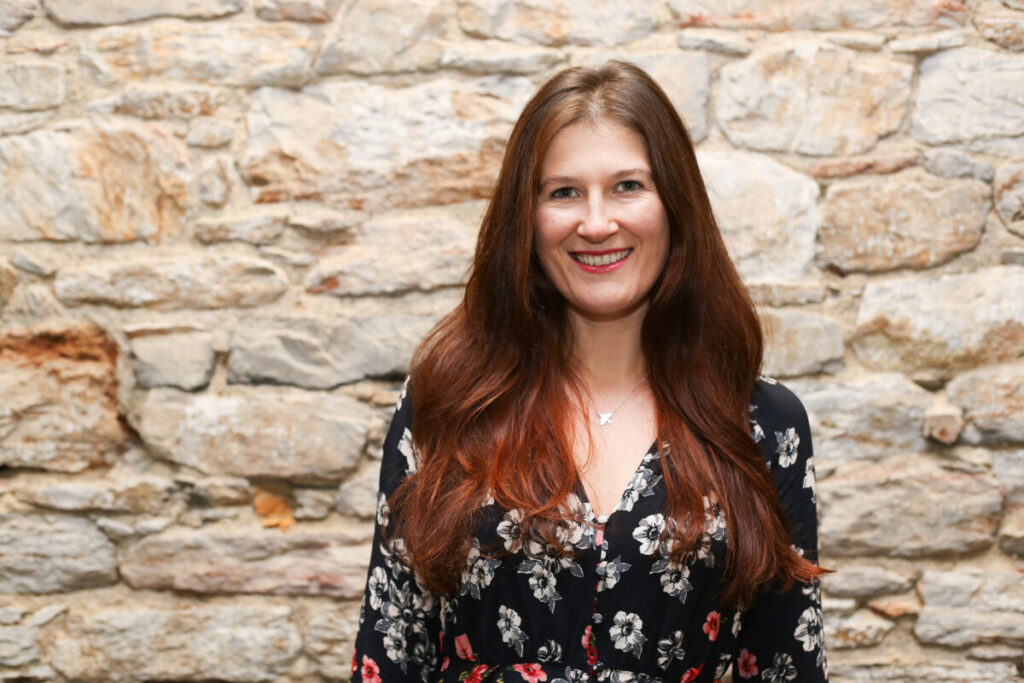Since releasing our report, The Calm Before the Storm, in September 2020, all the talk has been about organisations (and pandemics and stuff obviously).
There are pros and cons to using return on investment figures to make decisions and to set targets and there are banana skins which organisations must be mindful of if they want to use the data in a health way.
But what about benchmarking, #FundraisingROI and me? Or more specifically, you?
How do these figures apply to individuals?
Do they?
Ask yourself:
- How can I use #FundraisingROI’s to become a better fundraiser?
- What are my personal takeaways from reading this report?
- What can I do differently in the future?
As a fundraising practitioner, here are my thoughts and my personal commitments going forwards. I hope they inspire you to set some for yourself.

Goals are motivating
FundraisingROI, whether industry figures, those belonging to your own charity or your stats relating to your own specialism, can be motivating in helping you to set goals.
As a consultant working on a day rate, I often find it incredibly helpful to think about my value in terms of my ROI. This is especially true of contracts where I’m actually delivering fundraising work as an interim / practitioner.
For example, yesterday, I wrote two funding bids for my client and then created a list of hot prospects for them to run by their trustees and directors to see if there were any mutual connections.
If both funding bids are successful, my ROI for that day will be £20 for every £1 spent. If one of the bids is successful, it will be £10. If neither are successful, then the bid I wrote the week before might be, making my ROI across two weeks £5 for every £1 spent.
- Know how much you cost
- Set targets for your own ROI
- Enjoy how it feels when you take action to generate income
- Observe how it feels when (if?) you end up wasting a day because someone pulls you into something which isn’t donor focused (this could be one reason the larger charities in our survey had a slightly lower ROI than the small charities)
Overcome your commitment-phobia
Rather than talking about my previous romantic experiences (no-one wants to hear about those!), I’d love for UK Fundraising readers to think long term about the role they’re in.
How committed are you?
And more to the point, why am I asking?
Because using ROI to measure your personal performance is effective only if you stay in the same role for a few years.
I know, I know, pretty rich coming from a consultant who works on short term contracts. I am also aware of the massive instability in the jobs market at present.
I’ve been in fundraising jobs for between 3 months and 8 years. I know that there are plenty of reasons as to why someone might move on after only a short period of time.
However, there’s no hiding from the fact that for most fundraising roles, it can be a huge help if you’re able to commit for the long term (3yrs plus). Trust between the fundraiser and the donor takes time to establish.
So long as it’s the right role (my personal checklist includes good management, a variety of projects to fundraise for and autonomy to run my own show), then benefits of fundraising in one organisation for a longer period of time include:
- relationships become easier, more familiar (you’ll find you can cut to the difficult questions more easily);
- recruitment and induction is expensive;
- with every year that passes, it’s easier to assess your performance (using #FundraisingROI as one indicator) and to set more realistic targets for future years;
- which delivers a degree of stability to the charity.
It’s also more fun as you get to know donors and relationships become full of ease and genuine, two-way interaction.
Many of us are reassessing our lives right now and perhaps this is a terribly unrealistic expectation?
But maybe now is a good time to be really intentional about the sort of role we want for the longer
term?
Imagine how it would feel to be able to lay down some roots with a charity you’re really committed to, in a place you love with a team that feels supportive?
Consistency, relationships and thinking long term (again)
What a s**t show 2020 has become.
I don’t swear lightly. Ok, that’s a lie, I do…
Usually, I’m very restrained in my writing (unlike real life) because it’s not especially professional (and my partner tells me off if my articles contain swears) but let’s be real here:
- streams of income decimated overnight
- a change in public behaviour which puts previously ‘safe’ income streams into the ‘decidedly shaky’ category for the foreseeable
- furloughed staff vs burned out staff
- redundancies
- being really ill and / or being really afraid of becoming really ill
- losing loved ones
- pivoting
- not pivoting and feeling left behind
I could go on but I don’t want to depress anyone. There’s a weariness to the world. Hands up who, like me thought back in March that all of this would be over by October?
The spark of light which keeps me going and my key learning from everything which has gone down I 2020 is:
- to not rush
- to trust that everything will happen in time
- that consistency and relationships are everything.
This has worked for me as a fundraiser and also as a business owner. When we started LarkOwl back in 2019, we had 90 people on our email list. It’s now fifteen times that and growing quickly. We write to our email subscribers every week (consistently), always with the aim of helping them, sharing our knowledge and allowing them a window into our lives (relationships). The dialogue has become two way.
When we asked them to participate in our 2020 #FundraisingROI study, 39 of them said yes (compared with 11 the previous year).
Stay in touch with your donors.
Share interesting information.
Inform them and help them to understand the difference they make.
Do it regularly and don’t ask too often (there’s a balance).
Critically, I am cautious in my short term fundraising targets and recognise that the figures in The Calm Before the Storm are unlikely to be achievable for the foreseeable.
Therefore, my KPI’s for the remainder of 2020 and 2021 are going to be less income focused and much more output focused. Things like:
- Number of prospects researched
- Number of phone calls / meetings
- Number of proposals sent
Because one day, we will be able to go to the opera or the ballet again. We’ll be able to take our kids to the zoo. We’ll be able to host a dinner for major donors or one of those epic running races where people chuck coloured paint powder over each other (sign me up – these look epic!).
- People will be prosperous again (maybe not to the same degree but perhaps they’ll appreciate it more and will be more likely to share their wealth?)
- More people will make wills (and perhaps they’ll think about including a charity?)
- Helping others and fostering a sense of community may be the only thing which keeps us sane in 2021 and beyond….
People are good. People want to help. If you’re consistently showing up for them, then it will be you they think of first.
But don’t expect to get 2019’s results this year (or next even…)
I’ll eat my hat if 2021’s benchmarking figures are anywhere close to what we were able to achieve pre-pandemic.
So, to summarise, how can using #FundrasingROI figures make you a better fundraiser?
- Set yourself some goals, daily, monthly, yearly
- Measure these over the long term
- Ideally in the same role if possible
- Consistency and relationships will send your ROI higher
- Sensible KPI’s for 2021
You can download The Calm Before the Storm here. If you are passionate about #FundraisingROI’s, the survey is open between 8 June and 8 July 2021. The more participants, the better the information for all. Please join in if you can!

Caroline Danks is a fundraiser, speaker and trainer and runs the consultancy LarkOwl with her partner Tony.
from UK Fundraising https://ift.tt/3zfjPcA
0 comments:
Post a Comment